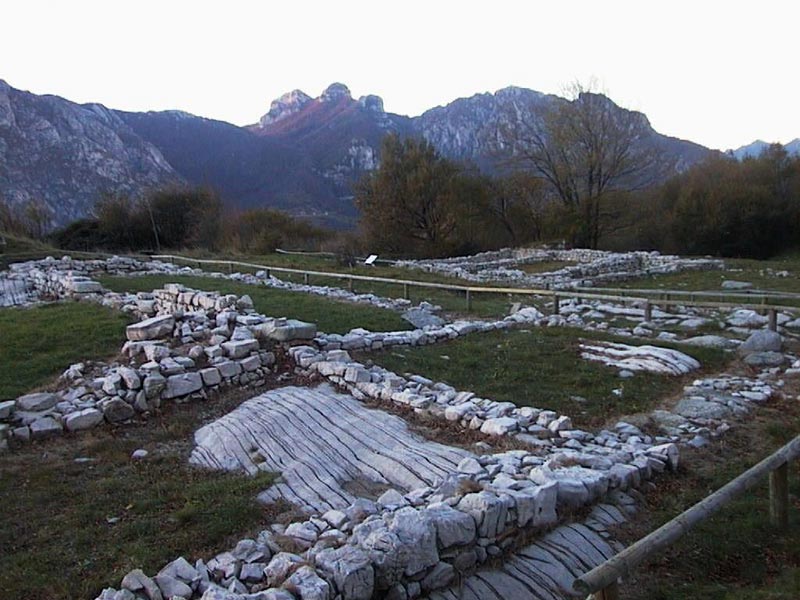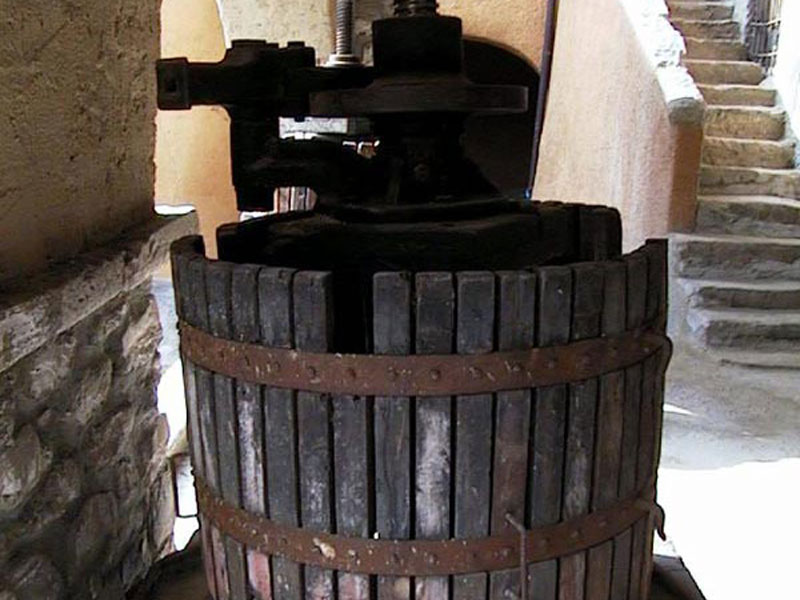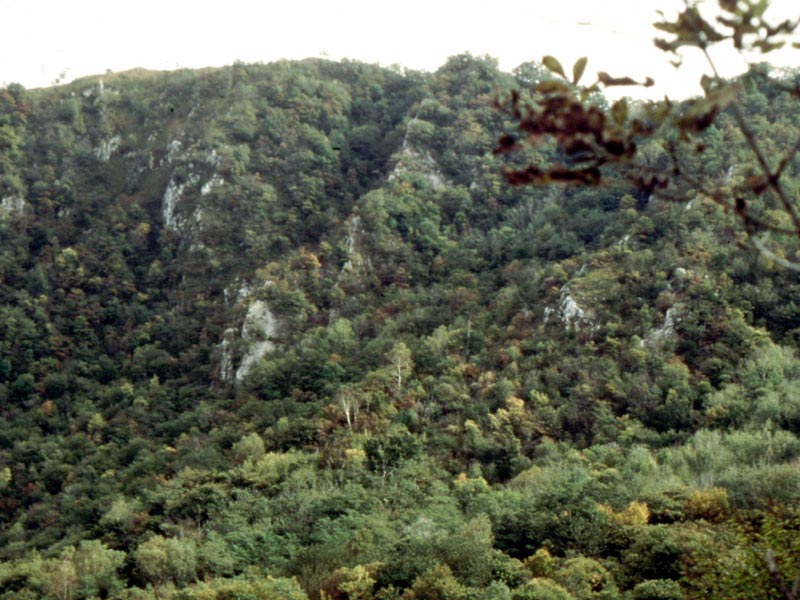Points of Interest
San Michele Sanctuary
The unfinished church of San Michele, an interesting example of Baroque
architecture of Lombardy, was planned during the late 17th century by
arch. Attilio Arrigoni (1640-1704), one of the main planners from Milan
between the 17th and 18th century: he planned Palazzo Sormani (today
seat of the Municipal Library of Milan) and the Church of San Michele
ai Sepolcri in Milan (the cemetery of Ospedale Maggiore), better known as Rotonda della Besana.
It was begun - but not finished - in the second half of the 18th
century, representing an example of Baroque architecture of Lombardy.
Within the complete landscape requalification of the area, some
interventions have been started in order to prevent the degradation of
the church.
Archaeological Park of Prati di Barra and Antiquarium Gothicum
In 286 Milan became the capital of the Roman Empire. Also after the
transfer of the seat in Ravenna in 402, Milan maintained a great
importance thanks to its central position with respect to the
connections of the Po Plain with central Europe. In order to protect it
from the pressure of the barbarians, its walls were renewed and several
castles were built at the entrance of the alpine valleys and near the
lakes; among them, one of the most famous castles is the one built on
Mt. Barro.
Between 1986 and 1997, the Park promoted archaeological
researches which confirmed the thruthfulness of the legends which,
since the Middle Ages, talked about Barro as the seat of a mythical
town.
The excavations brought back to life the rests of a Gothic castle,
among which a settlement in Piani di Barra and a large defensive system
surrounding most of the mountain. In 1992 a guided route giving the
opportunity to visit the archaeological finds was created.
The Archaeological Park covers about 8 ha in an environmental context
of great landscape impact, equipped for self-guided visits.
Another area of archaeological interest regards the ruins of walls and
towers which can be seen along the final stretch of the street leading
to the Hermitage of Mt. Barro, where the one and only street crossing
the Park ends. Finally, on the southern slope of the mountain you can
visit the fortification wall, locally called "muraiöö", which enclosed
the whole site, with three towers on as many ridges.
The most interesting finds are on display in the Antiquarium (Italian text), at the Park Center in location Eremo di Monte Barro.
Main Points of Interest
Besides the wonderful landscapes and the possibility to go along the trails crossing it, the Park offers several points of interest (Italian text).








